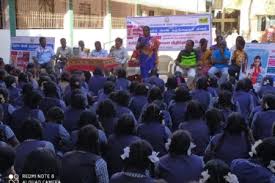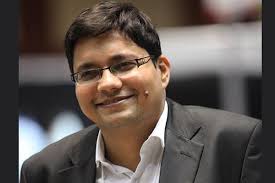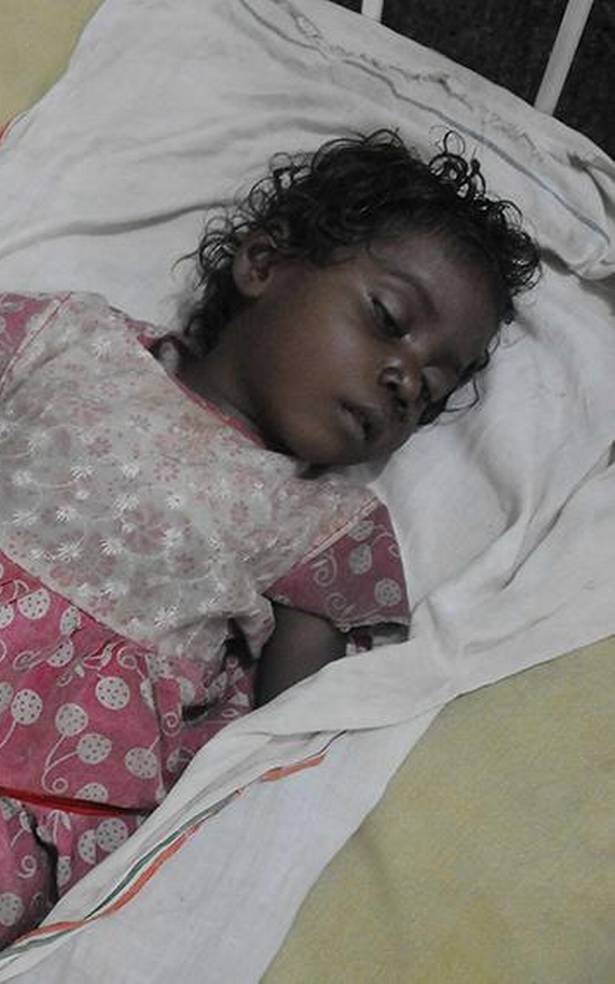Source: thehindubusinessline.com
Global experience shows that building a robust health system takes decades. However, the government has made systematic efforts towards impacting the multiple determinants of health over the last five years. The second term of the Narendra Modi-led government will be crucial for ensuring full implementation of recently launched initiatives in the health sector.
First, a greater push is needed for supporting the development of dedicated public health cadres in States. Whether it is combating a Nipah virus outbreak in Kerala or preventing the death of children due to the Acute Encephalitis Syndrome in Bihar, a strong public health system is crucial. In fact, in a rapidly urbanising and densely populated India, the risk of disease outbreaks and spreading of contagion is much higher.
It took a significant human cost and socio-political crisis after the Severe Acute Respiratory Syndrome (SARS) outbreak for China to boost investments in public health. We must make the recent deaths in Bihar a turning point for prioritising public health in India.
Expanding Ayushman Bharat
In 2018, the government announced the flagship Ayushman Bharat programme which seeks to comprehensively strengthen the health system from the primary level through to tertiary care. With respect to primary care, emphasis will need to be placed not only on accelerating the establishment of Health and Wellness Centres (HWCs) but also ensuring that they are fully functional and delivering comprehensive services, including in areas like mental health and geriatrics.
A strong referral system for those identified to be at risk of non-communicable diseases will also need to be put in place. Further, suitable models for delivery of primary care in urban areas will need to be prioritised as historically sub-centres and primary health centres have not worked as effectively in large, dynamic urban agglomerations.
Over 26 lakh beneficiaries have received treatment thus far under the Pradhan Mantri Jan Arogya Yojana (PM-JAY). The supply of services under PM-JAY will need to be enhanced through the creation of multi-speciality hospitals in the private sector. This will also boost job creation as every additional hospital bed generates an estimated 3-4 jobs. The government can also build on the platform of PM-JAY to expand insurance coverage to a larger section of the population. For instance, a contributory health insurance scheme could be launched for various categories of professionals who are not covered under PM-JAY and can afford to pay a contribution.
A long-standing challenge for India’s health system has been the existence of patient health records in manual or disparate IT systems with little standardisation. This limits interoperability and sharing of information. A key component of the HWCs is the creation of patient health records at the community-level. Further, PM-JAY emphasises electronic records for all patient transactions. What is needed now is an entity that can create a common health data vocabulary and specify minimum data standards. NITI Aayog has put out a strategy paper on the National Health Stack.
Another area in which the government has intervened significantly is enabling access to drugs and medical devices at affordable prices by setting up over 5,000 Jan Aushadhi stores and adopting price control. Going forward, the government would need to iron out any challenges with the business model of Jan Aushadhi stores as well as take steps to boost the domestic production of raw materials for drugs, thereby reducing the country’s dependence on imports.
During the first term of the Modi government several efforts were made to reform medical education in the country. The National Medical Commission Bill, 2017 must be implemented expeditiously. Reforms should also be undertaken along similar lines in AYUSH, nursing, dental and pharmacy education. To boost medical education infrastructure, private partners may be encouraged to establish new medical colleges, linked with district hospitals. I Developing other cadres of health professionals such as AYUSH and nurse practitioners as well as allied health professionals, should be prioritised.
Of course, a key enabler for implementing these reforms and programmes is an increase in government health expenditure to at least 2.5 per cent of GDP by, if not before, 2025. State governments also have a key role to play in ensuring that they spend at least 8 per cent of their budget on the health sector. The government can consider innovative sources of raising funds for health including earmarking revenues from tobacco and alcohol sales, earmarking taxes on sugar-sweetened beverages and utilising social impact bonds.


